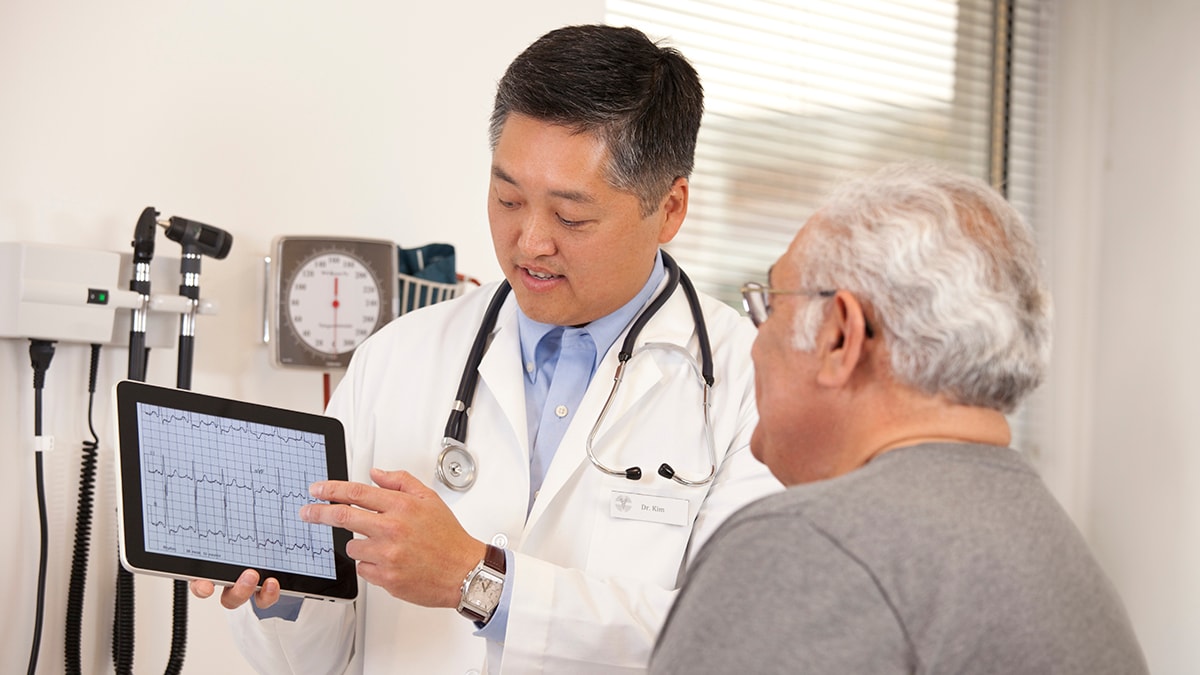Key points
- The term "heart disease" refers to several types of heart conditions.
- Know your risk for heart disease so you can prevent it.
- High blood pressure, high blood cholesterol, and smoking are key risk factors.
- 1 out of every 5 deaths in the United States are due to heart disease.

What is heart disease?
The term "heart disease" refers to several types of heart conditions. The most common type of heart disease in the United States is coronary artery disease (CAD). CAD affects the blood flow to the heart. Decreased blood flow can cause a heart attack.
Symptoms
Sometimes heart disease may be "silent" and not diagnosed until a person experiences signs or symptoms of a heart attack, heart failure, or an arrhythmia. When these events happen, symptoms may include:1
- Heart attack: Chest pain or discomfort, upper back or neck pain, heartburn, nausea or vomiting, extreme fatigue, dizziness, and shortness of breath.
- Arrhythmia: Fluttering feelings in the chest (palpitations).
- Heart failure: Shortness of breath, fatigue, or swelling of the feet, ankles, legs, abdomen, or neck veins.
Risk factors
High blood pressure, high blood cholesterol, and smoking are key risk factors for heart disease. About half of people in the United States (47%) have at least one of these three risk factors.2 Several other medical conditions and lifestyle choices can also put people at a higher risk for heart disease, including
Learn how heart disease and mental health disorders are related.
Treatment and recovery
What is cardiac rehabilitation?
Cardiac rehabilitation is an important program for anyone recovering from a heart attack. This can also include heart failure, or some types of heart surgery. Cardiac rehabilitation is a supervised program that includes
- Physical activity.
- Education about healthy eating.
- Taking medicine as prescribed.
- Ways to help you quit smoking.
- Counseling to find ways to relieve stress and improve mental health.
A team of people may help you through cardiac rehabilitation. This may include
- Your health care team.
- Exercise and nutrition specialists.
- Physical therapists.
- Counselors or mental health professionals.
- National Center for Health Statistics. Multiple Cause of Death 2018–2022 on CDC WONDER Database. Accessed May 3, 2024.
- Tsao CW, Aday AW, Almarzooq ZI, et al. Heart Disease and Stroke Statistics—2023 Update: a report from the American Heart Association. Circulation. 2023;147:e93–e621.
